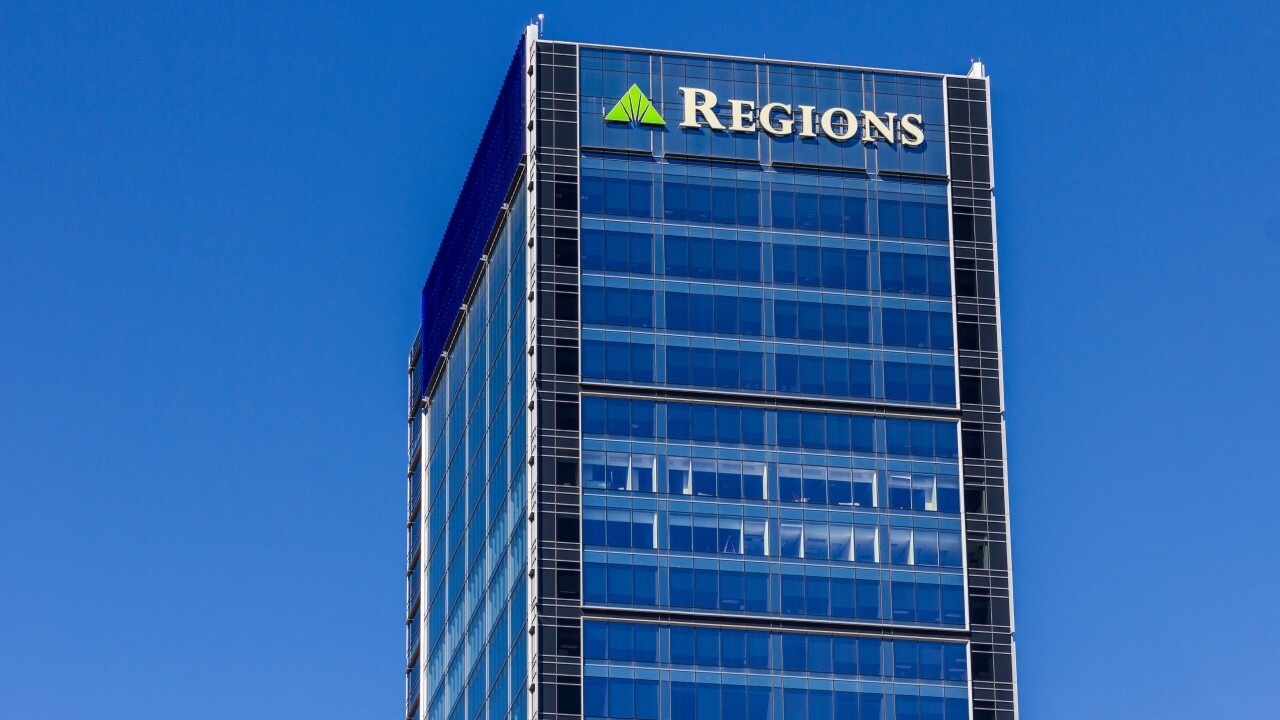Allissa Kline is a Buffalo, New York-based reporter who writes about national and regional banks and commercial and retail banking trends. She joined American Banker in 2020 and previously worked for more than a decade at Buffalo Business First, where she covered banking and finance, insurance and accounting. Kline started her journalism career at the Observer-Dispatch in Utica, New York. She graduated from Colgate University and the S.I. Newhouse School of Public Communications at Syracuse University.
-
Executives said the company may take a more conservative approach when it comes to adding new loans to its books in anticipation of an economic slowdown.
July 22 -
The Cleveland company says a second-quarter decline in investment banking and debt placement revenues won’t change its plans to keep hiring bankers to expand that business.
July 21 -
Executives said Wednesday that more than half of the deposits that left the Chicago trust bank were “nonoperational” in nature, or excess funds that institutional investors are moving elsewhere for higher returns. The outflow wasn’t unexpected as interest rates rise.
July 20 -
The latest expense guidance also stems from rising operating losses at the North Carolina bank. Cost-cutting was a key rationale for the 2019 merger of BB&T and SunTrust, which created Truist.
July 19 -
In a quarter filled with economic and geopolitical uncertainty, the New York investment firm’s digital consumer bank achieved record-high revenues. Executives have said they plan to drive up revenues in that segment to $4 billion by 2024.
July 18 -
The New York megabank has a long way to go on its path toward simplification of its business, but some early investments — such as technology upgrades in the treasury unit, which serves commercial customers — are starting to pay small dividends.
July 15 -
Credit quality at the largest U.S. bank by assets remains strong for now, but a top executive issued a warning about what may lie ahead.
July 14 -
Almost 100% of small-bank executives who responded to a recent IntraFi survey say they expect the U.S. economy to fall into a recession by next year. The top reason why: an overcorrection by the Federal Reserve as the central bank tries to tame inflation.
July 13 -
Analysts are not yet sounding the recession alarm, but investors and others will comb banks’ quarterly results for signs of stress in these particular areas that could translate into full-blown problems in the second half.
July 11 -
The retail industry, which wants the Federal Reserve to lower a decade-old price cap, has been complaining that higher prices for consumers mean heftier interchange fees. But banks are pointing out that the $10 billion-asset threshold below which financial institutions are exempt from the cap hasn’t been adjusted for inflation.
June 30










